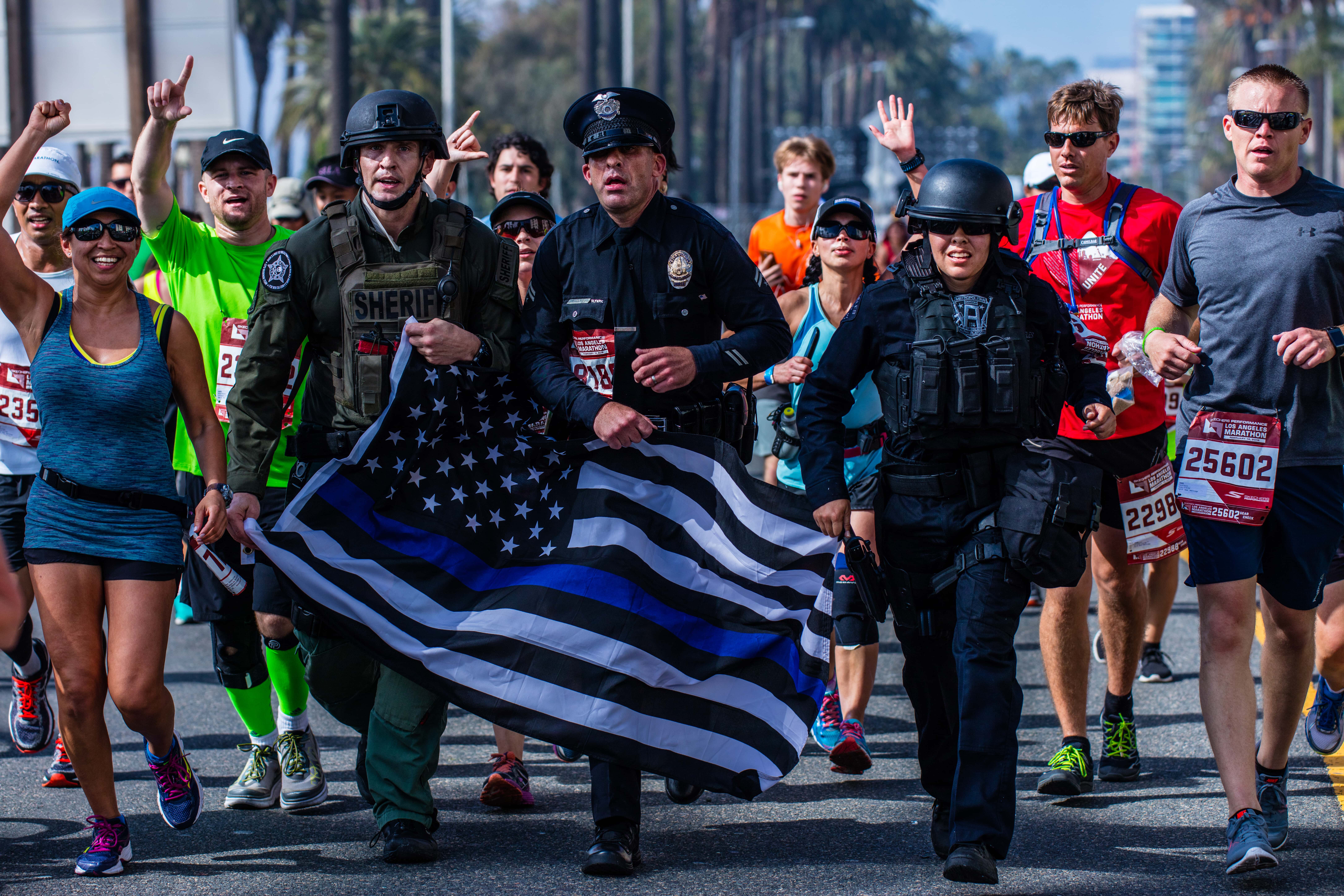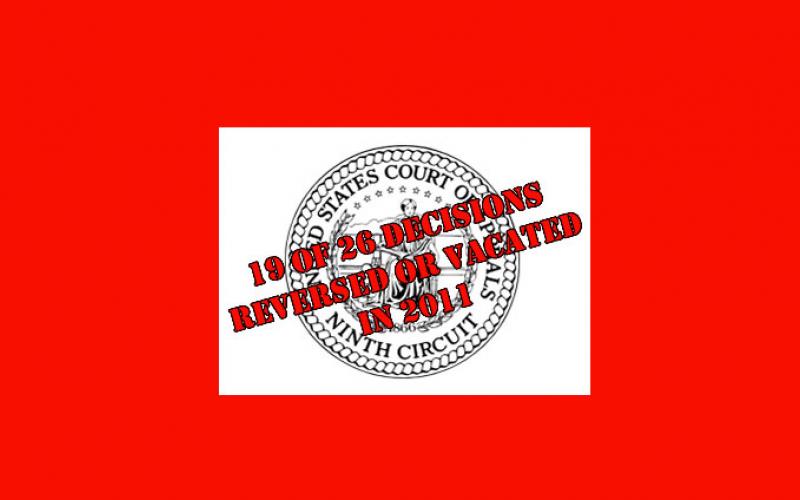What do you call a federal court that changes facts to fit its argument and issues rulings so far outside established law that it’s routinely chastised and reversed – often unanimously and without a hearing – by a higher court? You might call that court lawless and reckless, but here in California we know it as the 9th Circuit Court of Appeals.
The latest reversal of the 9th Circuit involved Burbank police officers responding to a reported rumor of a student threatening a school shooting. Officers went to the home of the student, who’d been absent from school for two weeks, and were met by his mother and the student. She spoke to them outside the house but refused to invite the officers inside. When they asked if there were guns in the house, the mother turned and fled inside. The alarmed officers followed her inside, where they proceeded to interview her and the student for about 10 minutes before determining the school shooting threat was unfounded. No search of the residence was conducted.
The family sued the officers for entering the house without a warrant. The District Court found that the officers had qualified immunity because they faced a “rapidly evolving incident.” But last year, the 9th Circuit reversed this in a 2-1 decision, finding the officers’ actions unreasonable.
In an unsigned, unanimous opinion that was a stinging reversal of the 9th Circuit, the United States Supreme Court ordered that the case against the officers be dismissed. The Supreme Court first took the 9th Circuit to task for misapplying case law, writing, “No decision of this Court has found a Fourth Amendment violation on facts even roughly comparable to those present in this case. On the contrary, some of our opinions may be read as pointing in the opposition direction.”
The Court then went on to call out the 9th Circuit for changing the facts in the case to fit its legal conclusion: “Although the panel majority purported to accept the findings of the District Court, it changed those findings in several key respects.” The court concluded by rebuking the 9th Circuit for its “entirely unrealistic” analysis of the incident and its “second guessing” of the officers.
In 2011, the 9th Circuit was reversed in 19 out of 26 cases, with 12 of the reversals being unanimous. Some quotes from recent U.S. Supreme Court reversals highlight the lawlessness of the 9th Circuit: one decision was termed “as inexplicable as it is unexplained;” in another, the factual assertions by the 9th Circuit were “simply false”; and in a third, it was found that the 9th Circuit’s opinion undermined confidence because “judicial disregard is inherent in the opinion of the Court of Appeals for the Ninth Circuit here under review.”
It is troubling when a reversal is unanimous because it is a clear sign that legal precedent was completely ignored.
We invite you to share your thoughts by leaving a comment below.











